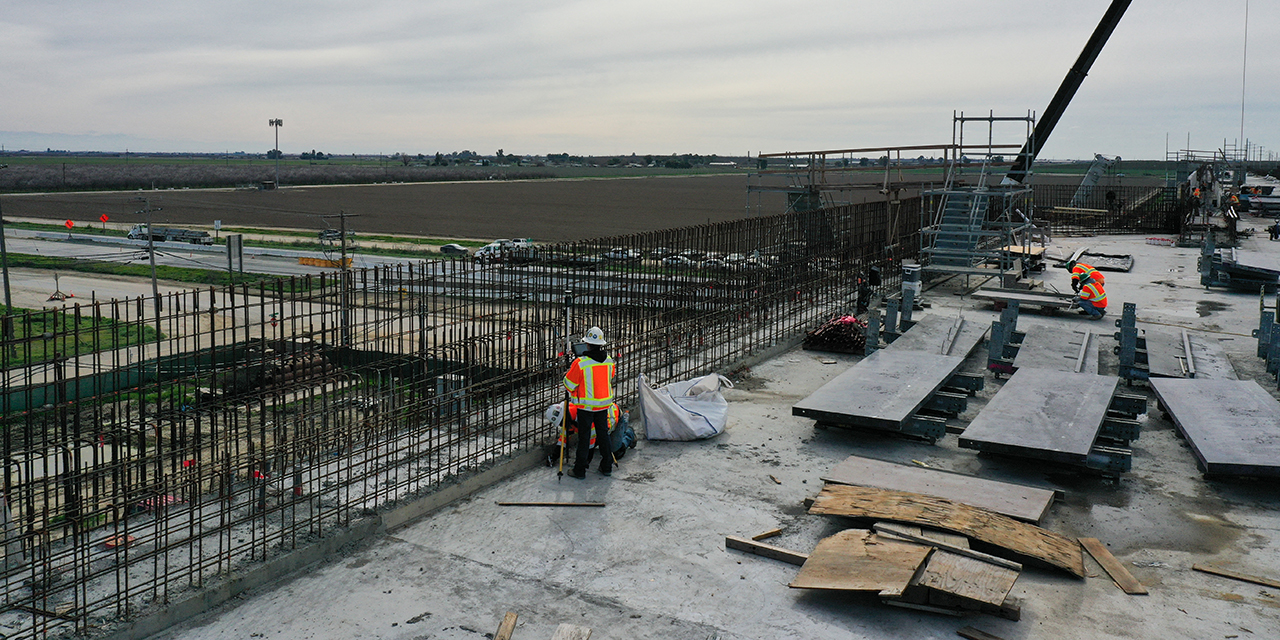
Past presidents of both parties, including Barack Obama and Bill Clinton, railed against federal waste and promised to make Washington more efficient. The Trump administration, though, is actually following through, including with Elon Musk’s Department of Government Efficiency.
Californians must be looking on with envy. A recent series of audits has exposed how the Golden State squanders taxpayer money on everything from unemployment insurance to high-speed rail.
Finally, a reason to check your email.
Sign up for our free newsletter today.
These findings aren’t new—they echo years of similar reports on government waste. But residents shouldn’t hold their breath for Sacramento to launch its own DOGE, even though it’s clearly needed.
A recent report from the California state auditor, focused on federally funded state programs, found widespread “noncompliance” with federal standards—largely because the state is failing adequately to monitor and document how program funds are spent.
The most troubling finding: in 2023, the state failed to verify the eligibility of many individuals receiving unemployment benefits, resulting in an estimated $198.8 million in potentially improper payments. To assess where the money might be going, auditors reviewed a random sample of claims and found that an astonishing two-thirds of recipients in the sample may not have been eligible for the program.
Nor is this the first-time auditors have uncovered widespread ineligibility in California’s unemployment insurance system. During the Covid shutdowns, the state chose to process unemployment claims without verifying applicant eligibility. Subsequent audits found that an astonishing $55 billion was paid out to individuals who either didn’t qualify or were outright fraudsters.
That put the state’s entire unemployment system into financial distress. A California Legislative Analysis Office (LAO) report in late 2024 described the system as “broken” and warned about a “staggeringly large and growing loan from the federal government”—a $20 billion debt the state took on to finance those phony claims.
Among other things, the LAO recommended what amount to significant tax hikes on employers to put the system on firmer financial footing. Those proposed increases will sting even more for businesses now learning that, even as the unemployment fund teetered on insolvency, the state kept paying out hundreds of millions of dollars in benefits to ineligible recipients.
All of this comes just weeks after the LAO reported that California’s high-speed rail project—already one of the biggest boondoggles in U.S. infrastructure history—is short another $7 billion in funding. When voters approved bonds for the project in 2008, the estimated cost was about $33 billion. That figure has since ballooned to more than $100 billion. The project was originally slated for completion in 2020; the first few miles of track were laid only this year.
California’s auditors have repeatedly slammed the financial management of the project—to little effect. In 2018, for instance, the state auditor cited “flawed decision making and poor contract management,” leading to “billions in cost overruns and delays.” That followed a 2012 audit that described an “increasingly risky” financing scheme for the project and “weak oversight.”
This dismal track record has drawn attention from the Trump administration. In February, officials announced that they would investigate what happened to the $3.3 billion in new federal funding committed to the project under the Biden administration. “We’re going to look at whether California High-Speed Rail has actually complied with the agreements that they’ve signed with the federal government,” Transportation Secretary Sean Duffy said. “We can’t just say we’re going to give money and then not hold states accountable to how they spend that money.”
California representative Kevin Kiley echoed that skepticism. He has introduced legislation to cut off federal funds for the project before the state digs a deeper hole for itself. Kiley said the rail effort “exemplifies the failures of transparency and accountability, of governance and planning” in California. Given the findings of the state’s own auditors, it’s hard to argue with his assessment.
Defenders of Musk’s DOGE have asked how anyone could oppose an agency focused on rooting out fraud and waste. California offers the answer: even the most basic, indisputable reforms can stall when they threaten entrenched interests. In government, saving taxpayers money is often the lowest priority.
Photo by PATRICK T. FALLON/AFP via Getty Images
City Journal is a publication of the Manhattan Institute for Policy Research (MI), a leading free-market think tank. Are you interested in supporting the magazine? As a 501(c)(3) nonprofit, donations in support of MI and City Journal are fully tax-deductible as provided by law (EIN #13-2912529).
Source link















